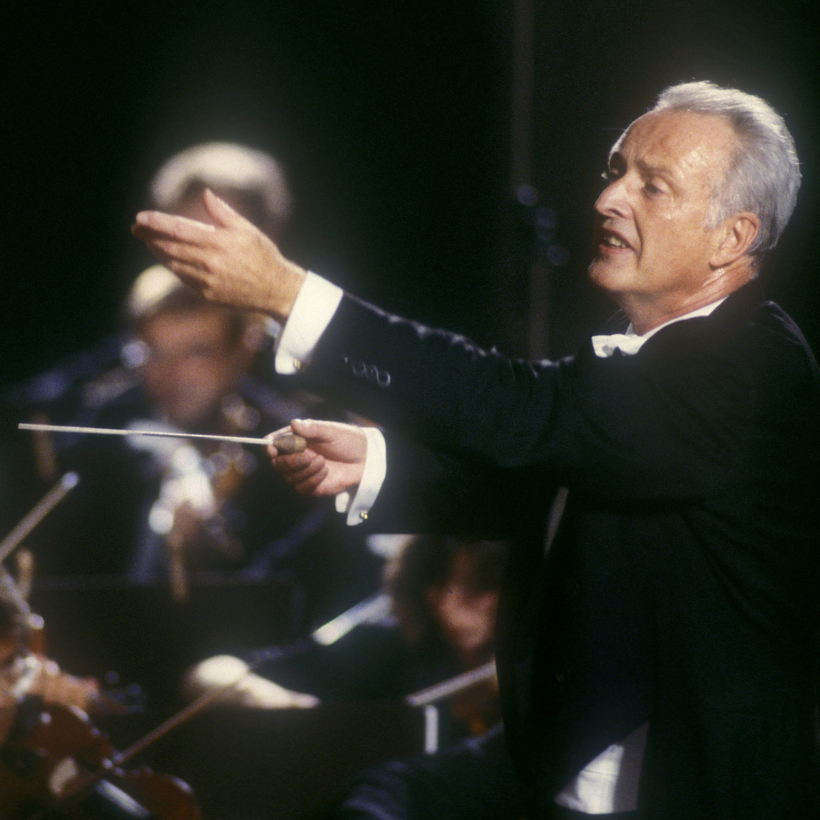In the spring of 1996, my wife, Sherry, and I were having dinner with Zubin and Nancy Mehta at their home in Brentwood. For more than 50 years, Zubin has been one of the world’s leading conductors of symphonies and operas. Out of the blue he said to me, “Why don’t you do an opera with me?”
I was surprised. “Zubin, I’ve never seen an opera,” I answered.


